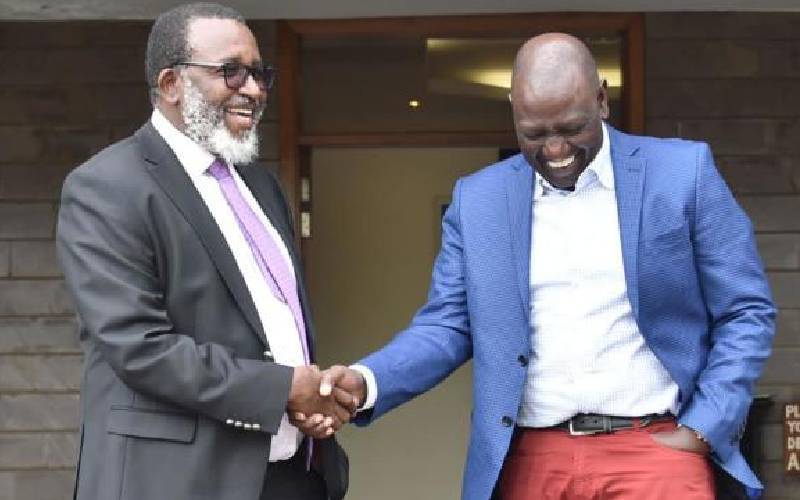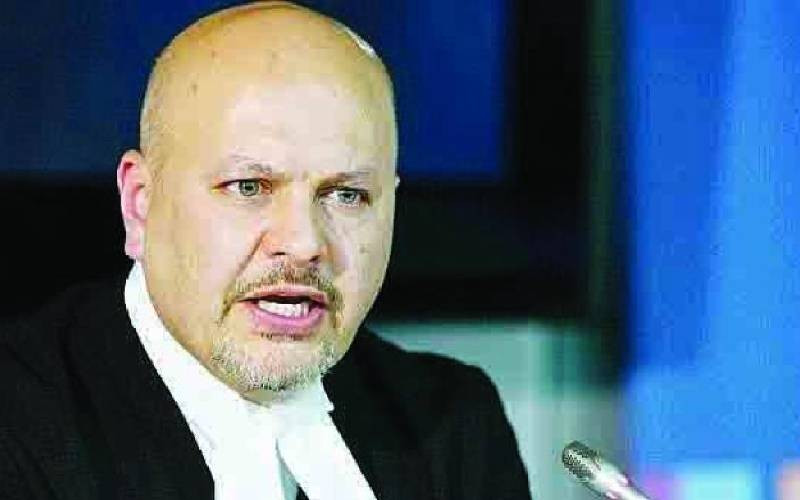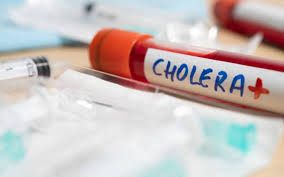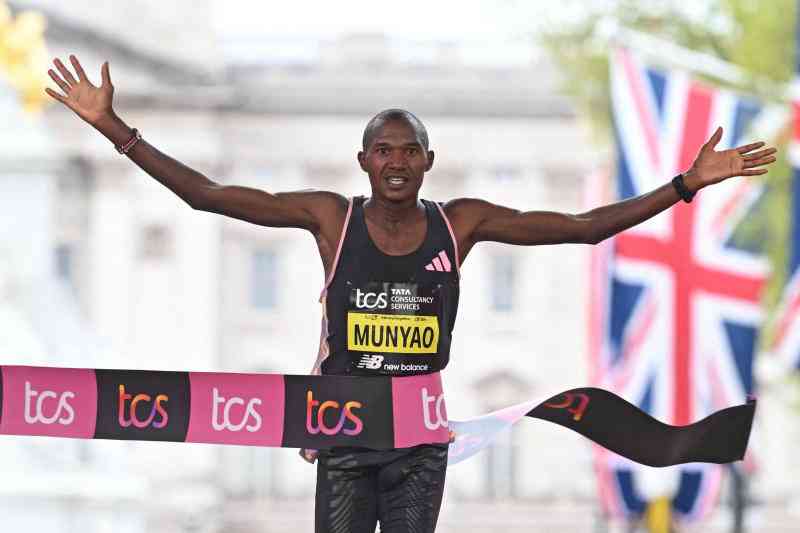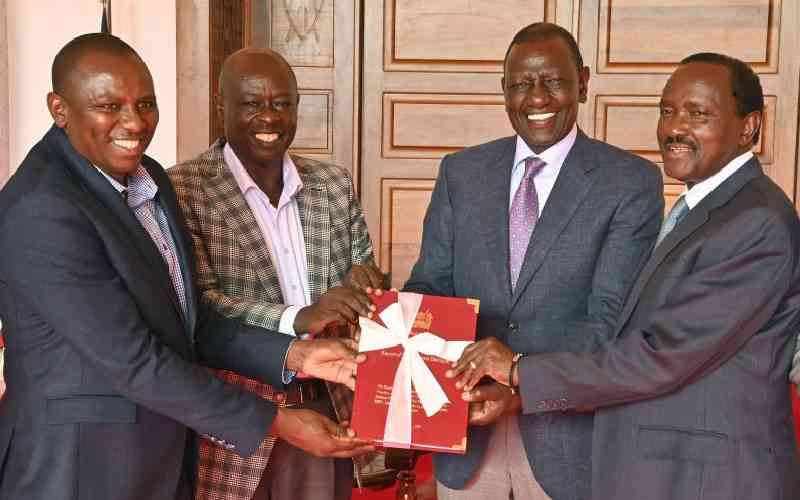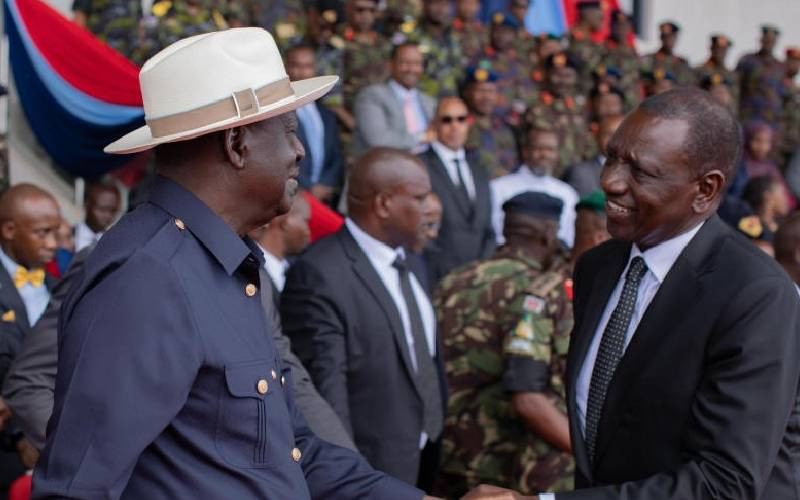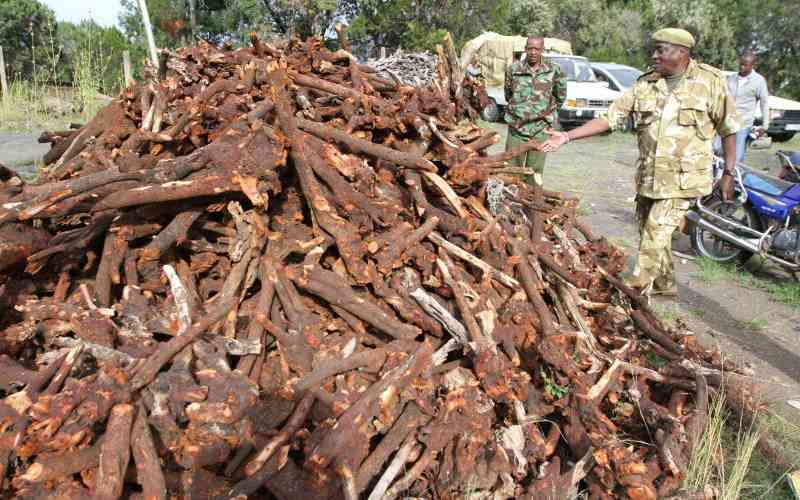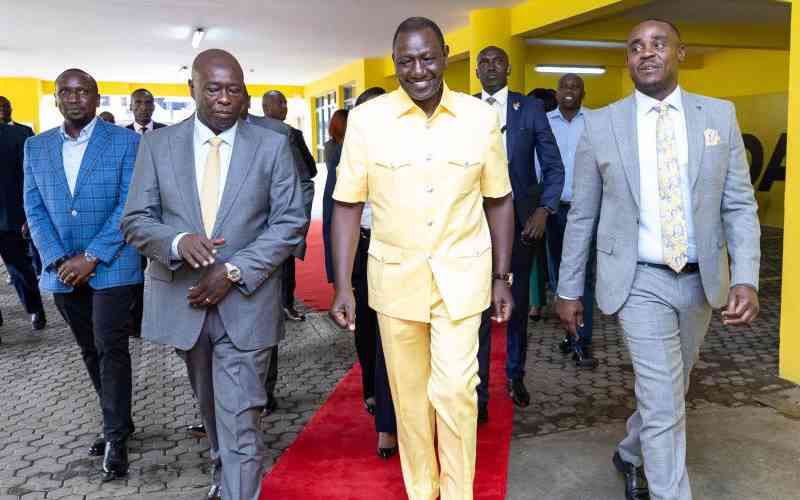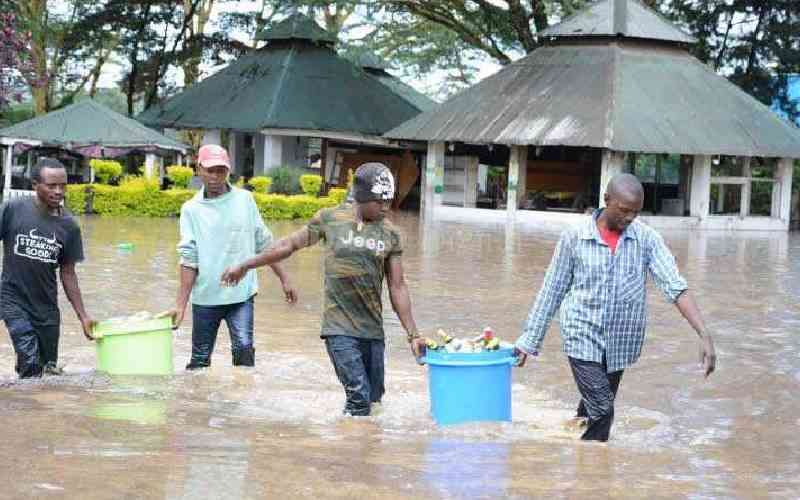 |
|
The ICC at Hague, Netherlands. |
Nairobi; Kenya: Pressure is mounting on the International Criminal Court and its organs over its handling of the high profile Kenyan cases ahead of a crucial meeting in December.
The Kenyan government, the African Union, politicians and civil society groups have renewed complaints against the court as its topmost political organ — the Assembly of State Parties (ASP) — prepares to meet in a few weeks.
Buoyed by the success of last year’s ASP, where it obtained crucial concessions on trial in the absence of an accused, the Government of Kenyan has positioned itself to make the most from the December forum dominated by African countries sympathetic to its cause.
On the civil society front, groups are accusing the court’s Trust Fund for Victims of a prolonged delay in offering general assistance to the victims of post-election violence years after opening the Kenyan cases.
And on the political front, Jubilee leaders are riding on a comment made by prosecutor Benjamin Gumpert at the recent status conference, on a conspiracy plot on the part of the prosecution in reference to the 2017 election.
While responding on the possible trial date, Mr Gumpert imagined a number of dates, including “the date of the next elections.” He said previous postponements of the trial start date had not yielded new evidence for the prosecution.
On Wednesday, however, more than 50 Jubilee MPs cited Gumpert’s statement and Tuesday’s ICC judges’ warning to Kenya on leakage of confidential documents as parts of a plot to change the 2017 political equation.
GENERAL ELECTION
Led by Majority Leader Aden Duale and his Senate counterpart Kindiki Kithure, the MPs accused the court of plotting to lock President Uhuru Kenyatta and Deputy President William Ruto out of the 2017 presidential race. They urged the court to prepare for a duel at the ASP.
The Standard on Sunday has since learnt that Kenya is seeking to have the agenda of the December ASP meeting amended to include a discussion on an alleged mistrial of the Kenyan cases.
“Please find attached a copy of note verbale 514/14 from the Permanent Mission of Kenya to the UN, dated October 16, 2014, whereby Kenya informs about its request for the inclusion of a supplementary agenda item for consideration at the 13th session of the ASP,” current ASP President Tiina Intelmann wrote to ASP members.
According to the note verbale, also obtained by The Standard on Sunday, Kenya says it “intends to raise concerns regarding the conduct of the Court in relation to the situation in Kenya and items relating to the management oversight provided by the Assembly to the Presidency and the Prosecutor regarding the administration of the Court. It adds: “Details of these concerns demonstrating gross violation(s) of the letter and spirit of the Rome Statute shall be communicated in due course.”
The note ends by proposing that “this item with an important and urgent character be discussed by the ASP with a view to proposing remedial solutions.”
“The concern that political pressure is beginning to take its toll on the court is a valid one. Last year’s amendment to the rules of the court to accommodate Kenyan concerns opened the statute to ridicule and to the suck mentality, where one always goes back for more blood,” Esther Waweru, a programmes manager at the Kenya Human Rights Commission, says.
Ms Waweru says the pressure being heaped on the court is misplaced, partly because no one knows how the judges will rule after the October 7 and 8 status conference on the cases.
Stay informed. Subscribe to our newsletter
She adds that claims of the court wanting to interfere with the 2017 political equation are ridiculous. She says politicians are “doing what they do best” by using the ICC platform to advance political interests.
African problem
“They are forgetting that the ICC option arose from an ‘African solution to an African problem’ led by the Panel of Eminent Personalities. They are also forgetting that away from the ICC, the AU is not offering reasonable alternatives for African victims,” Waweru argues.
Ugandan lawyer David Matsanga, however, believes the court has brought it all on itself. Matsanga, who has filed numerous applications on the Kenyan cases, says the court’s judges have been shielding the office of the prosecutor and its holders from being held to account.
“The court has been protecting the Chief Prosecutor, who should have gone on trial by now over perjury, miscarriage of justice, mistrial of Kenyan leaders and other forms of misconduct. This shielding will be the court’s undoing at the very end,” Matsanga says.
He repeats his assertion that the OTP has bungled its own investigations by “merely picking up flash-disks” from intermediaries in Nairobi instead of conducting proper investigations. He says rather than own up, the Prosecutor has persisted on keeping the case alive to injure political ambitions of the accused.
“We would like the ICC to be there to protect the vulnerable groups of people, especially in times of conflict. But we want the OTP reformed to facilitate the course of justice as opposed to the current scheme of things where the office has become a bastion of injustice,” Matsanga said.
He agrees the court is coming “under immense pressure” and attributes the pressure to his actions. Matsanga has not missed any ICC event since the Kenyan cases began. He has attended all AU meetings, ICC proceedings and ASP forums.
Court spokesman Fadi Abdalla says all groups alleged to be exerting pressure on the court have distinct roles in the ICC setup.
“The ICC is an independent and purely judicial institution, created to participate in the global fight against impunity. States, civil society and other organisations are relevant ICC stakeholders,” Abdalla said while downplaying the effect of political pressure.
According to Abdalla, the establishment of the court and today’s international criminal justice system remain milestones in the history of humanity. He says it is also a testimony to the shared vision of the groups alleged to be exerting pressure on the court. The ASP is scheduled to take place between December 8 and 17 in New York.
 The Standard Group Plc is a
multi-media organization with investments in media platforms spanning newspaper
print operations, television, radio broadcasting, digital and online services. The
Standard Group is recognized as a leading multi-media house in Kenya with a key
influence in matters of national and international interest.
The Standard Group Plc is a
multi-media organization with investments in media platforms spanning newspaper
print operations, television, radio broadcasting, digital and online services. The
Standard Group is recognized as a leading multi-media house in Kenya with a key
influence in matters of national and international interest.
 The Standard Group Plc is a
multi-media organization with investments in media platforms spanning newspaper
print operations, television, radio broadcasting, digital and online services. The
Standard Group is recognized as a leading multi-media house in Kenya with a key
influence in matters of national and international interest.
The Standard Group Plc is a
multi-media organization with investments in media platforms spanning newspaper
print operations, television, radio broadcasting, digital and online services. The
Standard Group is recognized as a leading multi-media house in Kenya with a key
influence in matters of national and international interest.


